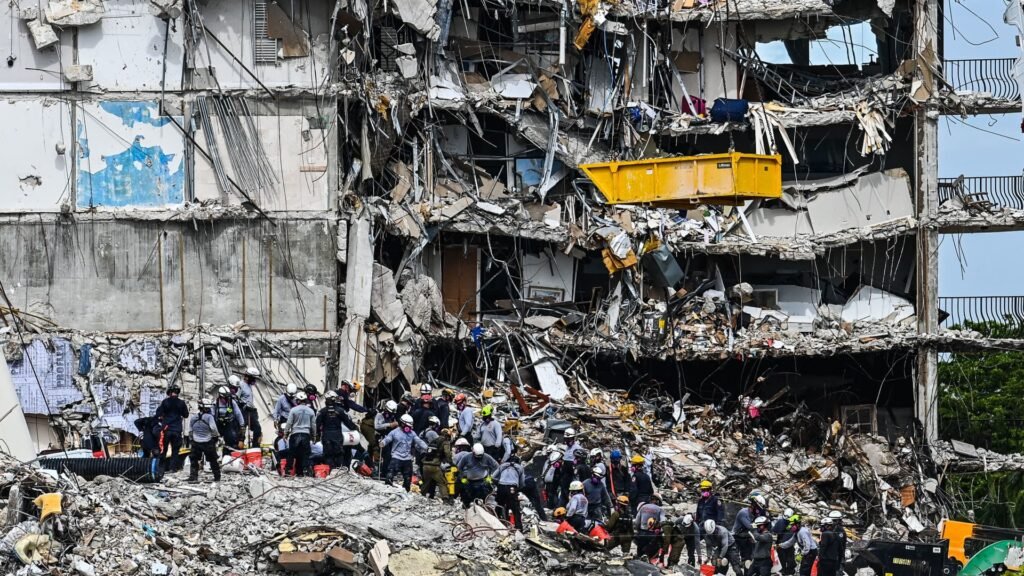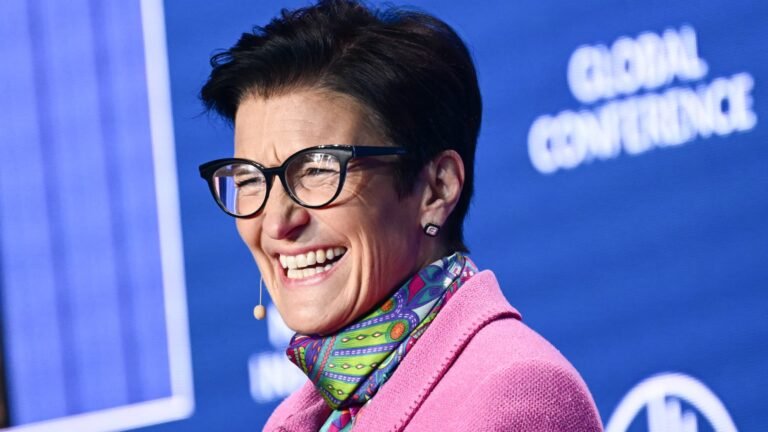
After the deadly collapse of a 12-story condominium tower in the Surfside suburb of Miami, Florida, in 2021, state lawmakers implemented new requirements for older condominiums. Buildings that are at least 30 years old, like the Champlain tower that collapsed, must undergo special inspections, carry out repairs, and accumulate reserve funds for future maintenance. The deadline for compliance is the end of this month.
As inspections are currently in progress, the costs are becoming due. Some associations face expenses in the millions of dollars, and condo owners, many of whom are retirees with fixed incomes, are responsible for these costs.
Approximately 1 million units are affected by the new capital-intensive regulations. Some owners are considering selling their units instead of complying, some are walking away, and others are seeking investors to assist them.
Renowned analyst Peter Zalewski, founder of Miami-based real estate consultancy Condo Vultures, refers to this situation as the “condo cliff.” He compares it to the challenges seen during the Great Recession, where some owners may have to bear the financial burden for others who are unable or unwilling to pay.
Zalewski’s analysis reveals that in South Florida, including Miami-Dade, Broward, and Palm Beach counties, three-quarters of all condo units for sale are over 30 years old and subject to the new regulations. Sales have decreased by 21.5% year over year during the typically busy summer season, with average prices dropping by 2.4%. Active listings in the third quarter of this year increased by 60% compared to the same period the previous year.
Special assessments, imposed to cover repair costs, have reached up to $200,000 per unit owner, and repair bills have amounted to as much as $15 million, according to a recent report from the Palm Beach Post.
Zalewski notes that as maintenance fee budgets are being prepared and repair reports are being received, many boards are hesitant to acknowledge the full extent of the financial obligations. He anticipates that bills will be issued in January, revealing the monthly payments required, marking a period of anticipation before financial challenges intensify.
In September, Florida Governor Ron DeSantis proposed a special session to address the financial crisis facing condo associations. However, legislative leaders opted to delay any law changes until the regular session commences in early 2025 to gain a better understanding of the financial implications involved.
Real estate agent Stefania Ancona in Miami highlights the limited pool of buyers currently available, prompting sellers to either settle the new assessments or reduce their prices. Alternatively, investors are emerging as a potential solution, with buildings like the Bay Garden Manor condo building in Miami being acquired by large investors for redevelopment into luxury waterfront properties.
Condo prices experienced a 2% decline during the summer season, with Zalewski suggesting that this is just the beginning of the market adjustments. The influx of information regarding the financial challenges in September led to a surge in buyer activity during the summer, driven by the perception of lower prices. However, Zalewski notes that many buyers are now experiencing regret due to the evolving circumstances in the market.







